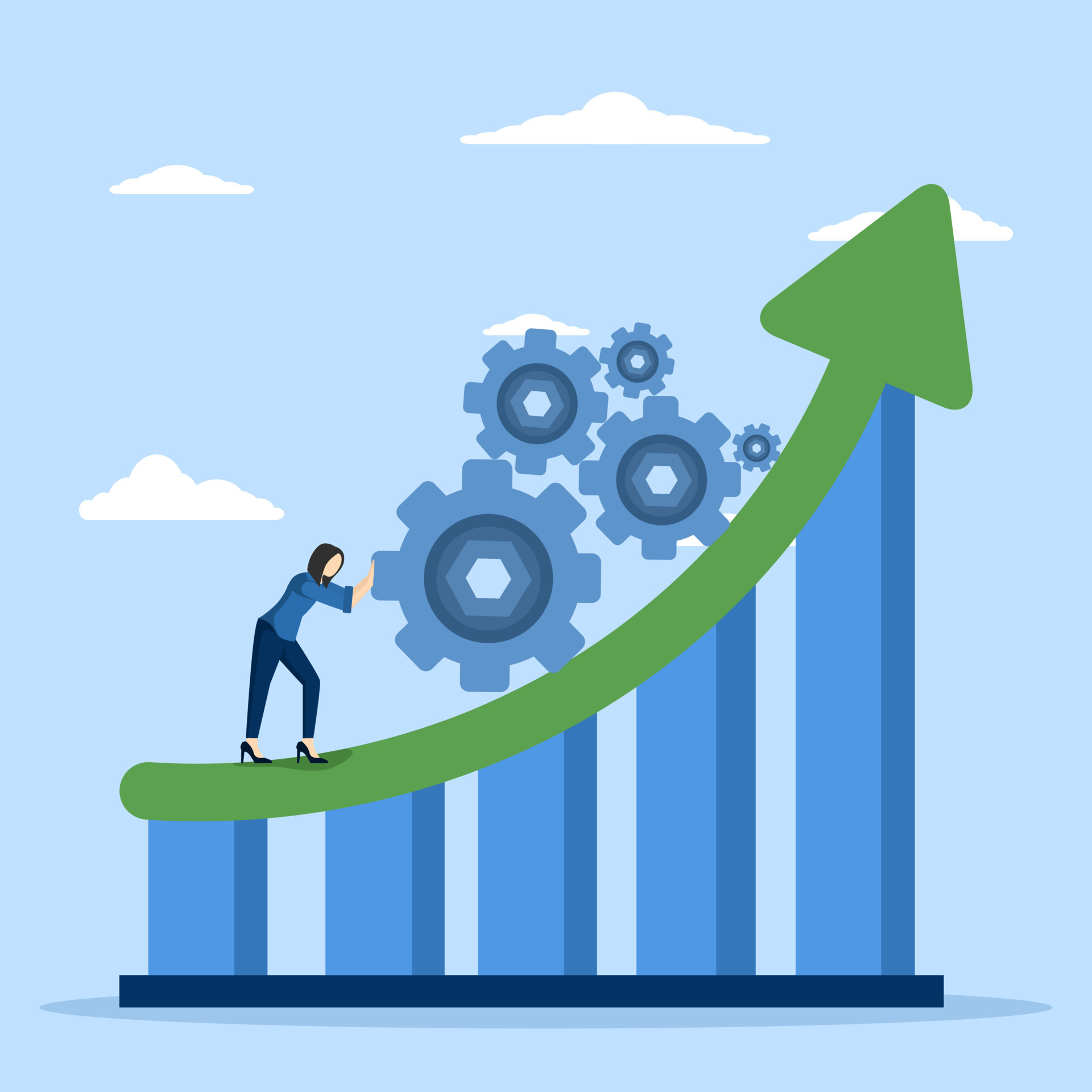The realm of instrumentation engineering is a dynamic discipline, intertwining the intricacies of technology, mathematics, and the physical sciences. Its foundational principles are critical in various industries, nurturing innovation and efficacy. Thus, cultivating a robust knowledge base in this field is not merely advantageous; it is imperative for professional development and engagement with contemporary challenges. This article elucidates multifaceted strategies to enhance knowledge within the sphere of instrumentation engineering.
1. Embrace a Diverse Educational Framework
Delving into the complexities of instrumentation engineering necessitates an academic environment that fosters critical thinking and interdisciplinary knowledge. Enrolling in a comprehensive degree program is foundational, but the journey should not cease there. Pursuing specialized certifications in areas such as control systems, sensors, and signal processing can augment theoretical understanding with practical applications. These programs often introduce complex concepts such as feedback loops and signal integrity, enhancing the scope of one’s expertise.
Moreover, attending workshops and seminars led by experts can provide insights into emerging trends and technologies, such as Industry 4.0 and the Internet of Things (IoT). Understanding these advancements will illuminate their implications on instrumentation practices, thereby stimulating intellectual curiosity and professional growth.
2. Cultivate a Research-oriented Mindset
Instrumental to the advancement of knowledge is an embrace of research methodologies. Engaging in research projects—either independently or as part of a collaborative team—provides invaluable exposure to the integral processes of experimentation and prototyping. Such experiences foster analytical skills and a deeper comprehension of the metrics that govern instrumentation performance.
In this pursuit, positioning oneself at the confluence of theory and practice can unveil innovative solutions to real-world problems. This might involve a study of non-invasive measurement techniques or the development of smarter sensor technologies, addressing not only current challenges but also foreseeing future needs within the industry.
3. Engage with Professional Organizations
Membership in professional organizations such as the Institute of Electrical and Electronics Engineers (IEEE) or the International Society of Automation (ISA) can serve as an invaluable resource for knowledge enhancement. These organizations often provide access to databases containing peer-reviewed journals, publications, and case studies that can deepen understanding of specific instrumentation topics.
Moreover, networking with fellow professionals through conferences and forums stimulates collaborative discussions and the exchange of innovative ideas. Furthermore, involvement in committees or working groups can enhance leadership skills while contributing to the collective knowledge of the profession.
4. Explore Online Learning Platforms
The digital era has revolutionized access to education. Numerous online platforms offer a plethora of courses specifically tailored to instrumentation engineering. Websites such as Coursera, edX, and Udacity present an array of subjects from basic principles to advanced analytics. Engaging with these resources can facilitate self-paced learning, allowing individuals to explore specific interests within the field.
Interactive modules often include simulations that emulate real-life scenarios. This hands-on approach not only reinforces learning but also enhances retention of complex concepts, such as system dynamics or process control methodologies.
5. Fusion of Theory and Practical Experience
To truly grasp the tenets of instrumentation engineering, one must harmonize theoretical knowledge with practical application. Internships or co-op programs offer immersive experiences that bridge the gap between academia and industry. These positions enable individuals to operate instrumentation equipment, perform diagnostics, and develop calibration processes, rendering the abstract concepts encountered in textbooks tangible.
Additionally, laboratory work complements theoretical studies. Experiments designed to analyze sensor performance, feedback mechanisms, or data acquisition systems can significantly enhance one’s ability to apply theoretical principles in pragmatic contexts, thus forging a comprehensive understanding of the discipline.
6. Foster a Culture of Continuous Learning
Instrumentation engineering is an ever-evolving field. The burgeoning advancements in technology necessitate a stance of lifelong learning. Subscribing to relevant journals and following leading researchers can aid in staying abreast of developments that impact the landscape of instrumentation. Regularly reading industry analyses and technical papers cultivates an awareness of contemporary challenges and solutions, thereby enhancing the strategic perspective essential for innovation.
Furthermore, participating in discussion forums and online communities can facilitate continued dialogue about emerging tools and techniques. Engaging in discussions not only enriches one’s perspective but also fosters an environment of shared learning that promotes growth.
7. Tinker, Experiment, and Innovate
The innate desire to explore and innovate should not be underestimated. Home laboratories or collaborative maker spaces enable experimentation with instrumentation concepts. Developing prototypes, conducting experiments, and even fostering start-up initiatives allow for the practical application of knowledge and the exploration of new ideas. This hands-on experience is imperative in reinforcing learning and inspiring innovative thinking.
Encouraging a mindset of trial and error cultivates adaptability—an essential attribute in a profession characterized by rapid technological changes. Embracing challenges and setbacks as learning opportunities can lead to significant advancements in both personal and professional capacities.
Conclusion
Improving knowledge in instrumentation engineering encapsulates a multifaceted approach that integrates education, research, professional engagement, and practical experience. By embracing these strategies, practitioners can not only elevate their understanding but also contribute meaningfully to the field, fostering innovation that drives the industry forward. Ultimately, the journey of knowledge enhancement is a continuous one, marked by curiosity, exploration, and a resolute commitment to mastering the intricacies of instrumentation engineering.










